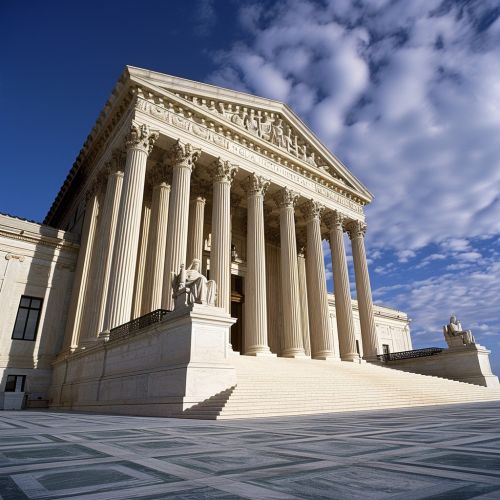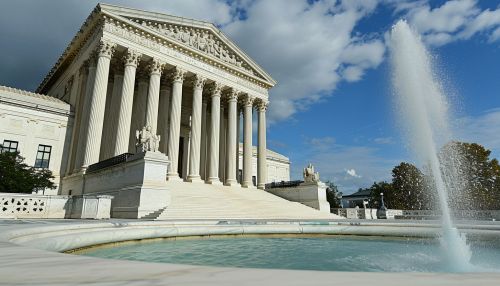Supreme Court
Overview
The Supreme Court is the highest judicial body in a country, typically vested with the judicial powers of the state. It is the final arbiter of the law and has the authority to interpret the constitution. The Supreme Court's decisions have far-reaching implications, often shaping the legal landscape and influencing societal norms and values.
History
The concept of a Supreme Court can be traced back to ancient civilizations. The Greek and Roman legal systems had a form of supreme judicial authority, although these were not similar to modern Supreme Courts. The modern concept of a Supreme Court emerged in the 18th century, with the establishment of the Supreme Court of the United States in 1789.
Structure
The structure of a Supreme Court varies from country to country, but it typically consists of a Chief Justice and several Associate Justices. The number of justices can vary, but it is usually an odd number to prevent tie votes. Justices are typically appointed by the executive branch and confirmed by the legislative branch, although the exact process can vary.


Jurisdiction
The Supreme Court's jurisdiction typically includes appellate jurisdiction over lower courts and original jurisdiction over certain types of cases. The court's decisions are final and binding, and it has the power to overturn laws and executive actions it deems unconstitutional.
Role and Functions
The Supreme Court plays a crucial role in maintaining the rule of law and ensuring justice. Its primary functions include interpreting the constitution, reviewing lower court decisions, and resolving legal disputes of national importance.
Impact
The decisions of the Supreme Court have a profound impact on society. They can shape public policy, influence social attitudes, and determine the interpretation of laws and the constitution.
Criticisms and Controversies
Despite its importance, the Supreme Court is not without criticism. Issues such as judicial activism, political bias, and the appointment process have been subjects of controversy and debate.
